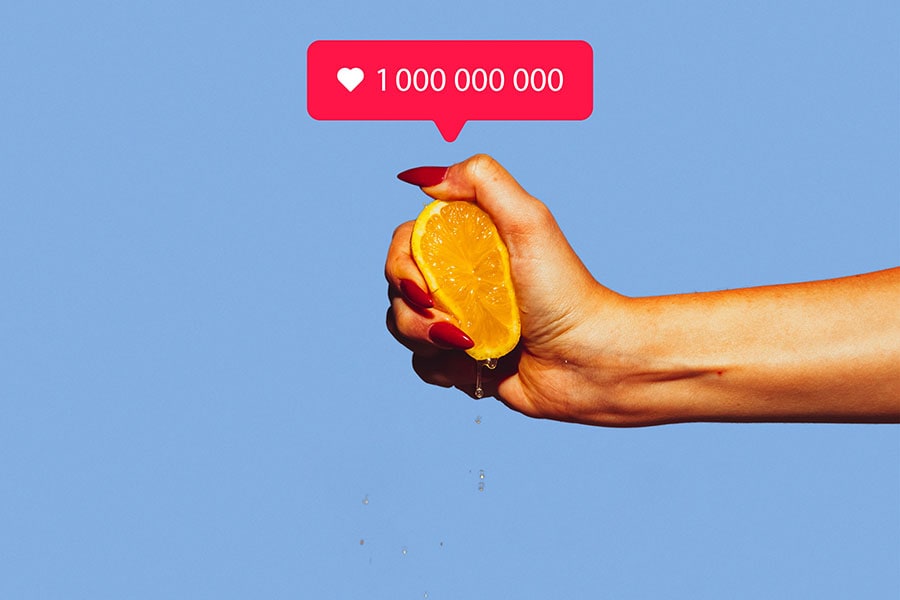
De-influencing is the new trend that has influencers scrambling
Are the days of influencers telling us what to buy, what to wear, what to watch and who to follow coming to an end?
 Is de-influencing really about putting a stop to overconsumption or is it a new way to establish trust among followers?
Image: Shutterstock
Is de-influencing really about putting a stop to overconsumption or is it a new way to establish trust among followers?
Image: Shutterstock
Times are tough for influencers, with some being investigated for their participation in scams and others being scrutinized for various wrongdoings. And that's not all. Over on TikTok, we're seeing a plethora of videos encouraging consumers to think twice before buying certain influencer-recommended products. Is this the new era of the de-influencer?
Are the days of influencers telling us what to buy, what to wear, what to watch and who to follow coming to an end? Since the beginning of the year, the TikTok community, and more particularly Generation Z, has been indicating that they're fed up with influencers, a communal sentiment that has given rise to the hashtag "de-influencing." This term currently totals more than 150 million views on the platform. It's proving particularly popular in the beauty and lifestyle communities, where it reportedly got its start.
Influencers are known to have great sway on the buying decisions of their community of followers. According to a 2020 Kantar study relayed by Marketing Dive, more than a quarter of the general population has made a purchase based on a recommendation from an influencer. A rate that rises to 44% for Gen Z. But lately their power seems to be under threat. Their followers are now more aware of influencers' marketing strategies. Better informed, they are becoming increasingly vocal about taking steps to no longer be duped. A new wave of videos on TikTok criticize influencers. These videos take the form of content creators, or "ordinary users," who set out to reveal the truth about the products that influencers want us to buy. They urge users to carefully consider their purchases and even to refrain from buying and save their money. Their aim is to help other users not fall for a scam or even an over-hyped product that just doesn't live up to the attention. These videos have given rise to the term "de-influence."
Tackling compulsive shopping
In a series of videos, TikToker Michelleskildelsky, a self-described former compulsive shopper, lists some of the "useless" products that influencers recommend acquiring: Apple AirPods Max, 25 different perfumes, Ugg slippers, a multitude of beauty products... Her videos have been viewed hundreds of thousands of times. In the comments, some users suggest cheaper alternatives, while others recognize that they have been guilty of falling for such unnecessary purchases. And there are many videos in this vein. Some people even make a project out of buying products recommended by influencers and setting out to critique them and deconstruct their lack of utility, no holding back.For Kahlea Nicole Wade, a brand collaboration coach and content creator, de-influencing is about trust and reclaiming their power, especially for Gen Z, she told Today.







